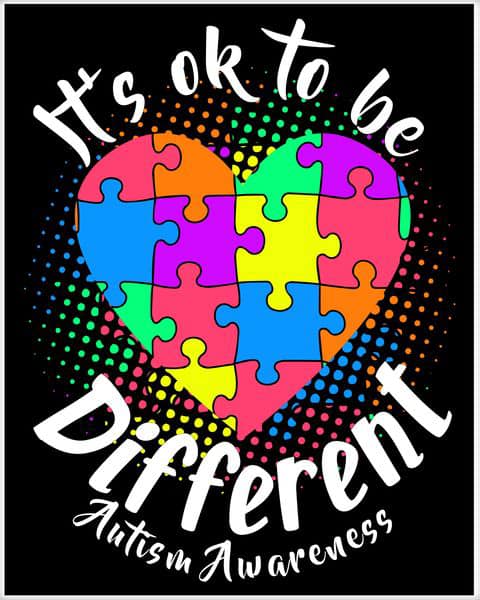Kyland Young, a well-known personality from the 23rd season of Big Brother, publicly expressed his objections to remarks made by U.S. Secretary of Health and Human Services, Robert F. Kennedy Jr. During a press conference held on April 16, 2025, Kennedy referred to autism as an ‘epidemic’, prompting Young’s immediate critique.
A revered figure in reality television, Young received his autism diagnosis at the age of 30. Since then, he has leveraged his fame to challenge harmful stereotypes about neurodiversity and raise awareness about the realities of living with autism.
Kennedy’s alarming comments during the press conference proposed a negative future for autistic individuals, suggesting they ‘won’t hold jobs, go on dates or pay taxes.’ Young strongly disputed these claims, labeling them as ‘worrisome’ and grounded in misconceptions widely circulated about autism.
At the age of 33, Young’s fame was largely due to his participation in Big Brother. Part of the first-ever all-Black alliance, he was lauded for his strategic prowess, which paved the way for Xavier Prather’s iconic victory. Following the end of the season, several viewers speculated about Young’s possible autism, leading him to seek a professional diagnosis.
In the year 2022, multiple professionals affirmed his autism. For Young, this revelation was both ‘informative and reassuring’. Utilizing his established platform, he began actively debunking myths about autism, stressing its nature to provide a ‘different perspective’ as opposed to forming a barrier.
Kennedy’s press conference included an audacious pledge to ‘cure’ autism by September 2025 and establish a nationwide registry. These statements brought forth a wave of public condemnation. In Young’s opinion, such rhetoric only served to fortify damaging stereotypes, given the wide variability inherent in the autism spectrum that defies any simplistic labels like ‘high-functioning’.
Highlighting the peril of inaccurate information disseminated by individuals in prominent positions, Young stated in an interview, ‘Education is crucial… One has to be cautious in word choice when they hold the role that Kennedy occupies.’ Young specifically took issue with Kennedy’s depiction of autism as a predicament that needed curing.
Young underlined how Kennedy’s pronouncements fostered the inaccurate perception that autism systematically impedes enjoying a fulfilled life. Using popularized yet outdated tropes of autism, Young added, ‘People believe you’re akin to Rain Man or perpetually in need of help. The less assistance you require, the longer you stay undiagnosed.’
Before he was diagnosed, Young often concealed his autistic attributes to emulate neurotypical behavior, a common occurrence amongst undiagnosed adults. Society often imposes norms that deny grace to neurodivergent individuals unless they conform, Young added.
Kennedy’s portrayal of autism as an ‘epidemic’ deeply concerned Young, who argues that increased diagnosis rates are a consequence of heightened awareness rather than the actual surge in autism cases. ‘If 2% of 350 million people are on the autism spectrum, that equals millions,’ Young retorted, debunking assertions that ‘autism is ubiquitous now’.
Furthermore, Young voiced concerns about the perilous implications of Kennedy’s language. By characterizing autism as a burden on society, Young fears it might validate policies that unfairly marginalize neurodivergent individuals.
Instead, Young has been a steady voice in favor of accepting and understanding autism. After his diagnosis, he understood his unique nature in profound ways. His podcast titled ‘Conversations with Kyland’ has been a new platform to discuss autism openly and shift public attitudes.
The parents of autistic children have commended Young’s open communication. His candidness about his experience with autism has allayed fears of families confronted with recent diagnoses. One family expressed gratitude to Young for demonstrating that autism does not confine their child’s potential.
Undeterred by ongoing debates surrounding Kennedy’s remarks, Young continues his advocacy for an inclusive understanding of autism. Calling for authorities to acknowledge the intricated nature of autism and refrain from voicing ‘limited beliefs’, Young believes the solution is to celebrate unique differences rather than suppress them.

